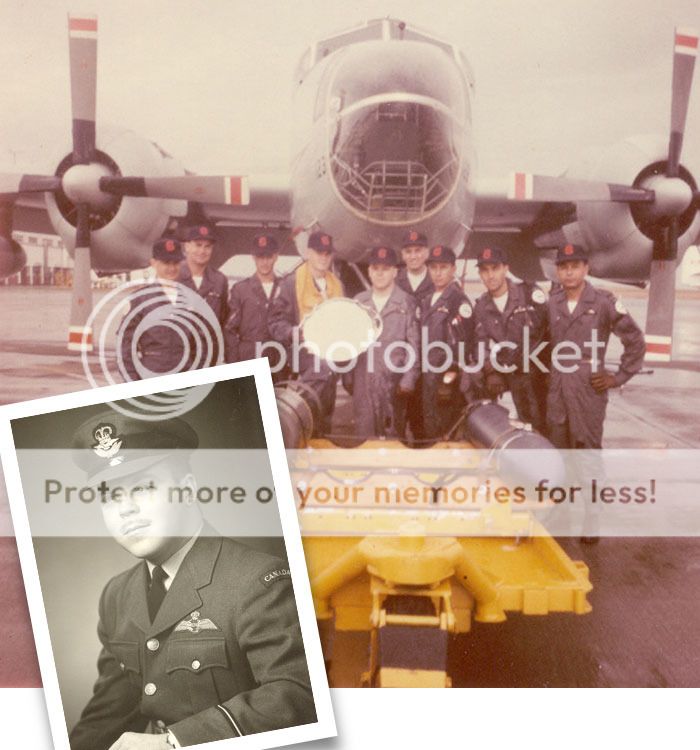really?
Four months into his tenure as defence minister, Harjit Sajjan, (above) the former colonel who battled the Taliban in Afghanistan, still has little to say about what defence policy on his watch will look like.
During a 90-minute grilling Tuesday morning by MPs, including Liberals, on the House of Commons defence committee, Sajjan was asked several questions about Canada’s defence policy. He hemmed, hawwed, and stumbled through his testimony, declining to provide any details on the CF-18 replacement process; the use of armed drones, Canada’s cyberwarfare abilities; how Canada can help defend North America against Russian aggression or any other topics he was asked about.
Sajjan’s excuse? Canada’s defence policy is under review, a review that will not be complete until the end of the year.
“I think it would be very premature and irresponsible of us to make snap decisions so early on,” Sajjan explained to reporters after the meeting.
And yet Sajjan’s cabinet colleagues have not been shy at all about making “snap decisions” in their portfolios. Environment Minister Catherine McKenna, for example, did not hesitate to figure out how to implement nation-wide carbon-pricing. Finance Minister Bill Morneau is blazing ahead with huge deficits. And Immigration Minister John McCallum got right to it upon his swearing-in to speed up the flow of Syrian refugees.
shine on here:
Trudeau’s point man on national defence has few answers | David Akin’s On the Hill
Four months into his tenure as defence minister, Harjit Sajjan, (above) the former colonel who battled the Taliban in Afghanistan, still has little to say about what defence policy on his watch will look like.
During a 90-minute grilling Tuesday morning by MPs, including Liberals, on the House of Commons defence committee, Sajjan was asked several questions about Canada’s defence policy. He hemmed, hawwed, and stumbled through his testimony, declining to provide any details on the CF-18 replacement process; the use of armed drones, Canada’s cyberwarfare abilities; how Canada can help defend North America against Russian aggression or any other topics he was asked about.
Sajjan’s excuse? Canada’s defence policy is under review, a review that will not be complete until the end of the year.
“I think it would be very premature and irresponsible of us to make snap decisions so early on,” Sajjan explained to reporters after the meeting.
And yet Sajjan’s cabinet colleagues have not been shy at all about making “snap decisions” in their portfolios. Environment Minister Catherine McKenna, for example, did not hesitate to figure out how to implement nation-wide carbon-pricing. Finance Minister Bill Morneau is blazing ahead with huge deficits. And Immigration Minister John McCallum got right to it upon his swearing-in to speed up the flow of Syrian refugees.
shine on here:
Trudeau’s point man on national defence has few answers | David Akin’s On the Hill

